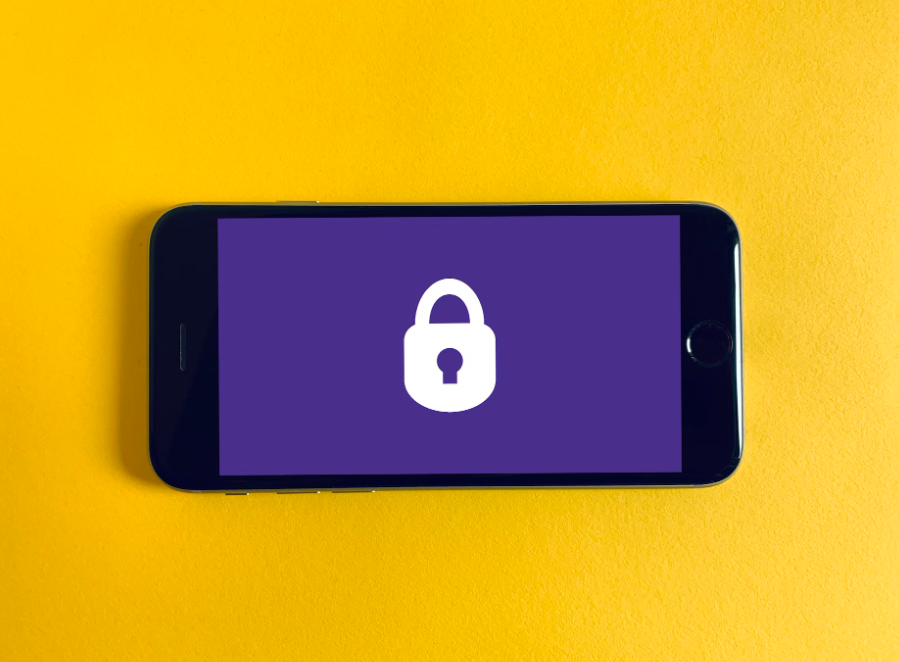Stay Safe Online: Tools to Protect Your Reputation

Contents
In today’s digital age, maintaining a solid online reputation is of utmost importance. Whether you’re a professional building your career or simply an individual trying to protect your personal identity, the online world presents various risks and threats that can tarnish your reputation. Thankfully, there are numerous tools available that can help you stay safe and protect your digital identity. In this article, we will explore the role of online safety, essential tools for protecting your reputation, the impact of social media, email safety, and safe online shopping practices. By implementing these tools and practices, you can safeguard your reputation and enjoy a worry-free online experience.

Understanding the Importance of Online Safety
In today’s interconnected world, our digital reputation plays a crucial role in various aspects of our lives. Whether it’s potential employers conducting background checks or friends and family members searching for information about us, our online presence often forms their first impression. Therefore, it’s crucial to maintain a positive digital footprint that accurately reflects our values, achievements, and character.
However, the internet is not without its risks. Malicious actors and online threats can easily damage your reputation or steal your personal information. That’s why it’s essential to understand the importance of online safety and take proactive measures to protect yourself.
The Role of Digital Reputation in Today’s World
With the increasing reliance on digital platforms for social interaction, networking, and even job hunting, your online reputation has become a significant determinant of your success. Employers, clients, and potential partners often conduct online research to evaluate your credibility and trustworthiness.
Your digital reputation is a reflection of how others perceive your behavior, ethics, and professionalism. Building a positive online presence can significantly enhance your career prospects, while a negative reputation can lead to missed opportunities and damaged relationships.
Risks and Threats to Your Online Reputation
Unfortunately, the internet is teeming with risks and threats that can compromise your online reputation. Cyberbullying, identity theft, online scams, and reputation attacks are just a few of the dangers lurking in cyberspace.
Cybercriminals might exploit your personal information to impersonate you, leading to severe consequences such as financial losses or defamation. Additionally, malicious individuals or competitors may attempt to ruin your reputation by spreading false information or negative reviews online.
One particularly insidious threat to your online reputation is “doxxing.” This malicious practice involves the public release of your private information, such as your home address or phone number, with the intent to harass or intimidate you. Doxxing can have severe consequences, including physical harm and emotional distress.
Another risk to consider is the potential impact of your online behavior on your reputation. In today’s age of constant connectivity, it’s easy to forget that our online actions can have real-world consequences. Posting inappropriate or offensive content, engaging in cyberbullying, or participating in online arguments can all tarnish your reputation and damage your relationships.
It’s crucial to be aware of these risks and take proactive measures to protect your online presence and reputation from potential harm. By practicing good online hygiene, such as using strong, unique passwords, being cautious about sharing personal information, and regularly updating your privacy settings, you can significantly reduce your vulnerability to online threats.

Essential Tools for Online Safety
To effectively protect your reputation and personal information, it’s essential to leverage the right tools and practices. The following tools can be instrumental in enhancing your online safety:
Password Managers and Their Role in Online Security
One of the most critical aspects of online safety is using strong, unique passwords for each online account. Remembering all these passwords can be a challenge. That’s where password managers come in. Password managers store your passwords securely, generate complex passwords, and automatically fill them in when needed. By using a password manager, you can mitigate the risk of weak or reused passwords, significantly enhancing your overall online security.
Virtual Private Networks (VPNs) for Privacy Protection
When browsing the internet, your online activities can be tracked by various entities, compromising your privacy and potentially leaving you vulnerable to cyber threats. Virtual Private Networks, or VPNs, can be an excellent tool for protecting your online privacy. A VPN encrypts your internet connection, making it difficult for others to monitor your online activities. VPNs also allow you to browse the web anonymously, ensuring that your online presence remains private and secure.
Antivirus Software for Threat Detection and Removal
With the proliferation of malware and other online threats, antivirus software has become an essential tool for protecting your devices from malicious software. Antivirus software constantly scans your system for potential threats and promptly removes any identified malware. By having reliable antivirus software installed on your devices, you can minimize the risk of cyber attacks and protect your online reputation.
Social Media and Online Reputation
In today’s digital landscape, social media platforms are a double-edged sword when it comes to online reputation. While they offer opportunities to connect with others and grow your network, they also pose risks if not managed carefully.
Privacy Settings and Their Importance
Protecting your privacy on social media is crucial for maintaining control over your online reputation. Utilize the privacy settings offered by each platform to ensure that only authorized individuals can view your personal information and posts. Be cautious about what you share publicly, as even seemingly harmless information can be used against you by malicious actors.
Dealing with Online Harassment and Cyberbullying
Unfortunately, the digital landscape is not always a safe space, and instances of online harassment and cyberbullying are prevalent. If you find yourself being targeted by online harassment or cyberbullying, it’s essential to take immediate action. Block and report abusive individuals, document evidence, and seek support from friends, family, or professionals who can guide you through the process of dealing with these issues.
Email Safety and Phishing Scams
Email remains one of the most common communication channels, making it a prime target for cybercriminals. Protecting yourself from phishing scams is crucial for safeguarding your personal information and reputation.
Recognizing and Avoiding Phishing Attempts
Phishing is a deceptive technique used by cybercriminals to trick individuals into providing their sensitive information, such as usernames, passwords, or credit card details. Stay vigilant and learn to recognize common signs of phishing emails, such as misspellings, suspicious links, or urgent requests for personal information. Avoid clicking on suspicious links or providing personal information unless you are completely certain of the email’s authenticity.
Secure Email Providers and Encrypted Communication
To further protect your privacy and ensure the safety of your email communications, consider using secure email providers that offer end-to-end encryption. Encrypted communication ensures that your messages are only accessible to the intended recipients and cannot be intercepted by unauthorized individuals.
Safe Online Shopping Practices
Online shopping offers convenience and endless choices, but it also presents risks if you’re not careful.
Secure Payment Methods for Online Purchases
When making online purchases, always opt for secure payment methods, such as credit cards or trusted payment gateways. These methods offer additional fraud protection and allow you to dispute unauthorized charges.
Recognizing and Avoiding Online Shopping Scams
Online shopping scams are prevalent, and falling victim to them can not only compromise your financial security but also tarnish your online reputation. Be cautious when shopping online, especially on unfamiliar websites. Look for secure website indicators (such as a padlock symbol in the address bar) and read reviews from other customers to ensure the legitimacy of the seller.
By embracing the tools and strategies outlined in this article, you can take control of your online safety and protect your valuable reputation. Remember, a proactive approach combined with vigilant practices is key to maintaining a positive online presence in today’s digital world.
As you take steps to safeguard your online reputation, remember that your brand’s image starts with a powerful logo. Boon harnesses the power of Artificial Intelligence to translate your logo design preferences into a custom logo that resonates with your brand’s story and engages your audience. Whether you’re looking to strengthen your business or just starting out, a distinctive logo is a cornerstone of your online identity. Let’s make a logo! with Boon and ensure your brand stands out in the digital world.

Mia Vargas is our Senior SEO & Branding Specialist, a dynamic force in digital strategy with a keen eye for brand storytelling. With over a decade of experience in optimizing online visibility and shaping brand identities, Mia seamlessly combines her technical SEO expertise with her passion for creativity. She is skilled at crafting strategies that not only elevate search rankings but also resonate with target audiences, ensuring our clients build meaningful, lasting connections. Known for her innovative approach and trend-focused insights, Mia plays a crucial role in driving our team to stay ahead in a rapidly changing digital landscape, balancing analytics with artistic flair to deliver impactful results.
